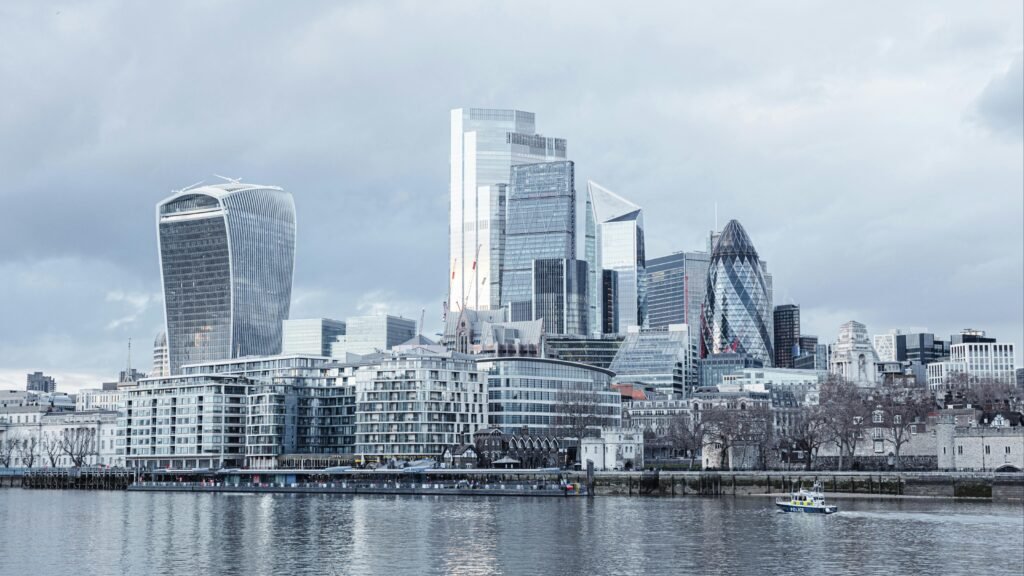Saba Capital is understood to now want to reach agreements with investment trusts boards following its attempted takeover of seven.
Last week, the US investment firm reached a deal with the board of the European Smaller Companies investment trust, which it has a 29.9 per cent stake in.
Under the terms of the agreement, the board of the investment trust has agreed to a tender offer for 42.5 per cent of the shares of the trust
The offer is available to all shareholders of the trust, and will mean Saba can sell 42.5 per cent of its 29.9 per cent stake.
If none of the other shareholders wish to avail of the opportunity, then Saba could sell off all of its stake, representing around £25mn.
FT Adviser understands Saba views this as a model for how it wishes to engage with other trusts in which it is invested.
It would allow the management and boards of those trusts to remain the same while Saba exits at a profit.
This approach is consistent with how Saba has operated in the investment company space in the US, and other markets.
Last year it concluded a deal with BlackRock, which manages a range of US investment companies, for tender offers to be made, understood to have generated cash of around $1bn for Saba.
Saba had initially sought shareholder votes to replace the boards of the trusts in question, but lost all seven votes and has since proposed converting four trusts into open ended funds.
As a result of losing all seven votes, Saba was left with significant shareholdings in trusts which are relatively illiquid.
The share prices of each of the original seven investment trusts Saba bought into are higher now than when they invested.
FT Adviser heard Saba’s view is that its activities have forced the boards of those trusts to change course, and improved the outcome for all shareholders.
‘Saba’s actions sped up change’
FT Adviser spoke with the chairs of two investment trusts, in which Saba has stakes, who said they found initial interactions with Saba representatives to be unsatisfactory.
One said they came away with no idea about what Saba wanted from its investment, while another said: “They spoke only about top level stuff. Nothing concrete.”
In the US, the culture is for the boards of investment companies to defer to the fund managers when it comes to corporate decisions such as tender offers, whereas the culture in the UK is for the investment trust boards to make those decisions.
FTAdviser understands Saba now understand that their interactions with investment trust boards could have been improved.
One investment trust chair, with Saba as a shareholder, acknowledged that many of its practices, such as allowing trusts to trade at large discounts without taking action, have been bad for shareholders, and that the intervention of Saba and other activist investors, has contributed to change.
But they claimed this change was happening anyway, with more trusts buying back shares, or altering fee structures, adding: “What has happened is that Saba has sped the whole thing up.”
As for Saba, FT Adviser understand, even if it collects a profit on the roughly £3.6bn it has invested across eleven UK trusts, it sees the UK market as rife for further activity and is likely to make more investments.
Annabel Brodie Smith, director of communications at the Association of Investment Companies (AIC) said: “Boards have been proactively responding to double-digit discounts in the sector with many having to deal with Saba Capital on their register.
“There were record levels of mergers and share buybacks last year and this is continuing in 2025. An increasing number of boards have introduced tender offers, many of these are performance related and continuation votes have been set up.
“Many boards have also changed their fee basis, from net asset value to incorporate market capitalisation, which clearly benefits shareholders. The number of strategic reviews under way highlights an increasing number of boards looking at a wide range of possible action.”
david.thorpe@ft.com

